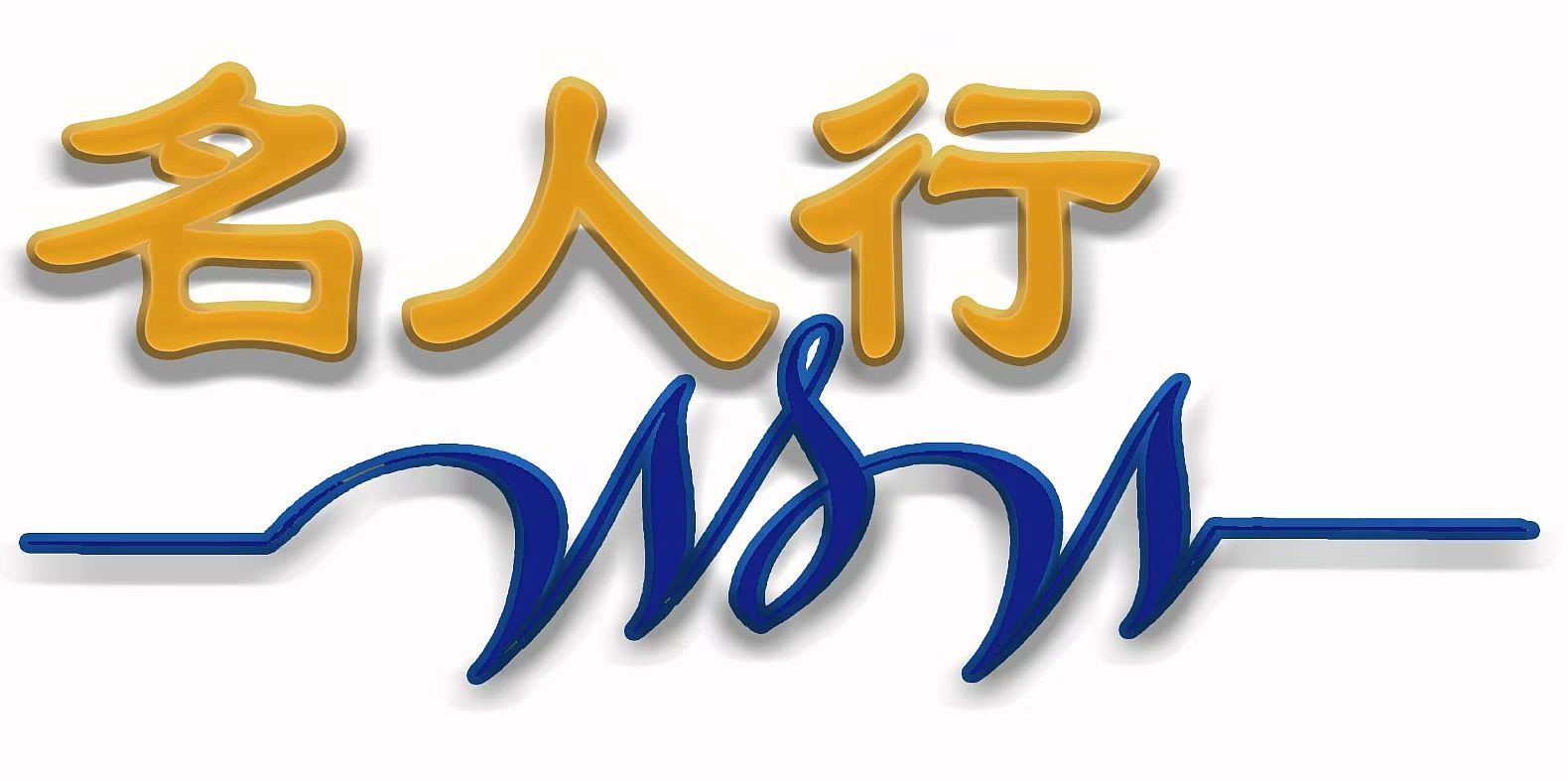What is Cause and Effect?
Perhaps "fated" or "predestined" can explain what cause and effect means. As the old sayings go: "What is meant to be will eventually come; what isn’t meant to be should not be forced," "Everything is fate, nothing is up to man," "A person’s fate is determined by heaven," and "You reap what you sow" – all speak to the principle of cause and effect.
Humans are intelligent beings with a strong capacity for learning and imitation, which is why we are greatly influenced by our environment. This is also the reason behind sayings like "You become like those you associate with" and "Birds of a feather flock together." Hence, many classic stories, such as "Mencius’s Mother Moves Three Times," have been passed down through the ages.
Parents are a child’s first teachers. If they want their child to become a certain kind of person, they must do their best to create a suitable environment. Through verbal instruction and leading by example, they gradually accomplish the传承(legacy) of "one life influencing another."
Why do different people emerge from the same environment? It stems from the different choices made during growth, leading to different outcomes. For example, among siblings, there are both commonalities and differences. This is a concrete manifestation of the saying: "A family that accumulates good deeds will have blessings to spare; a family that accumulates evil deeds will have misfortune to spare."
Parents have a tremendous influence on their children. One type of influence leads children to become similar to their parents; another leads them to become the opposite. What one likes, one emulates; what one dislikes, one rejects. This is the origin of the saying: "For the first ten years, people respect the son because of the father; for the next ten years, people respect the father because of the son." It is also a concrete reflection of "Do not impose on others what you yourself do not desire."
While one cannot choose the circumstances of their birth, they can choose the life they want to live. Changing what can be changed, adapting to what cannot, and living as one wishes – perhaps only then can one say this life was not lived in vain.
Though it's often said that "Life is like a play,全靠演技 (relying entirely on acting)," the feelings are real. Joy, anger, sorrow, happiness, laughter, and scolding are all emotional experiences and expressions that make up the rich experience of life.
Life’s journey is a trip from emptiness to emptiness – starting with the "emptiness" (or innate nature) at birth, moving through learning, grasping, and filling up, then towards release, letting go, and emptying out, until one becomes at peace with whatever happens, returns to one’s true nature, and arrives back at emptiness. Whether accepted passively or experienced actively, the end is always a return to the experience of emptiness.

Comments (0)
No comments